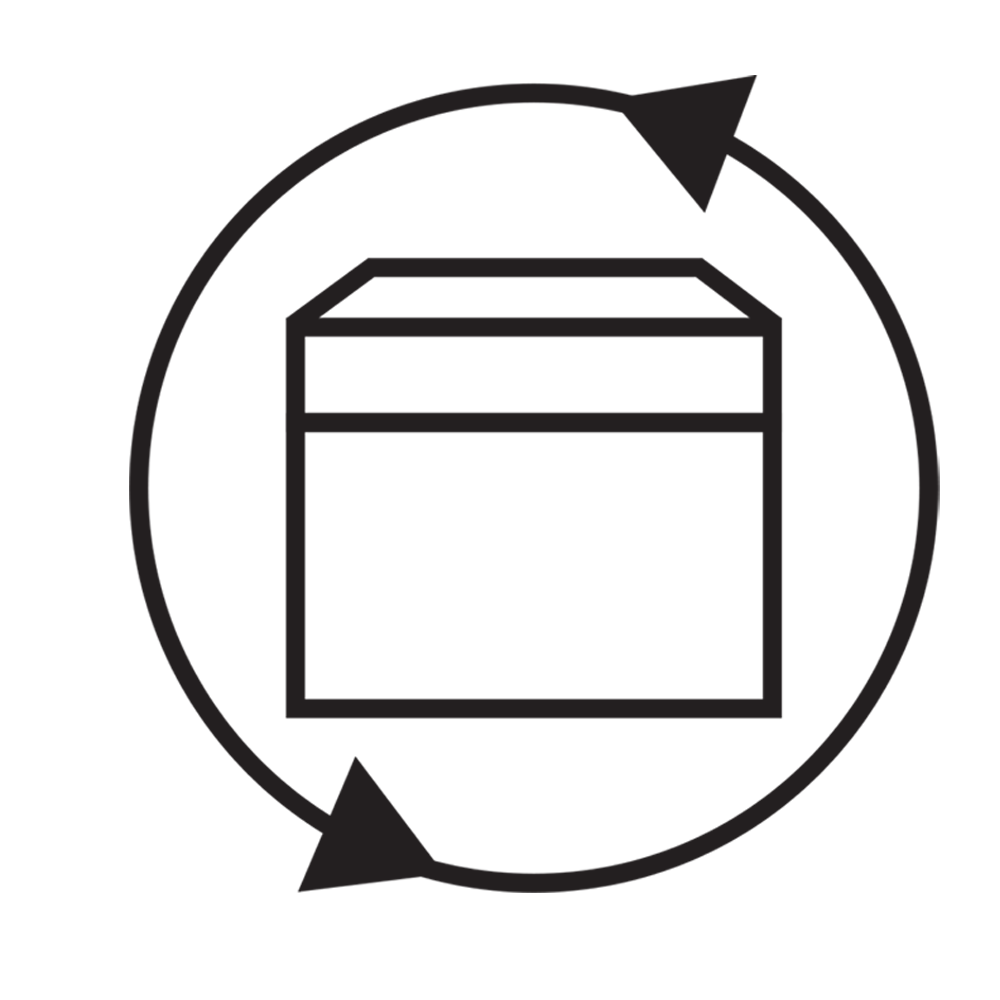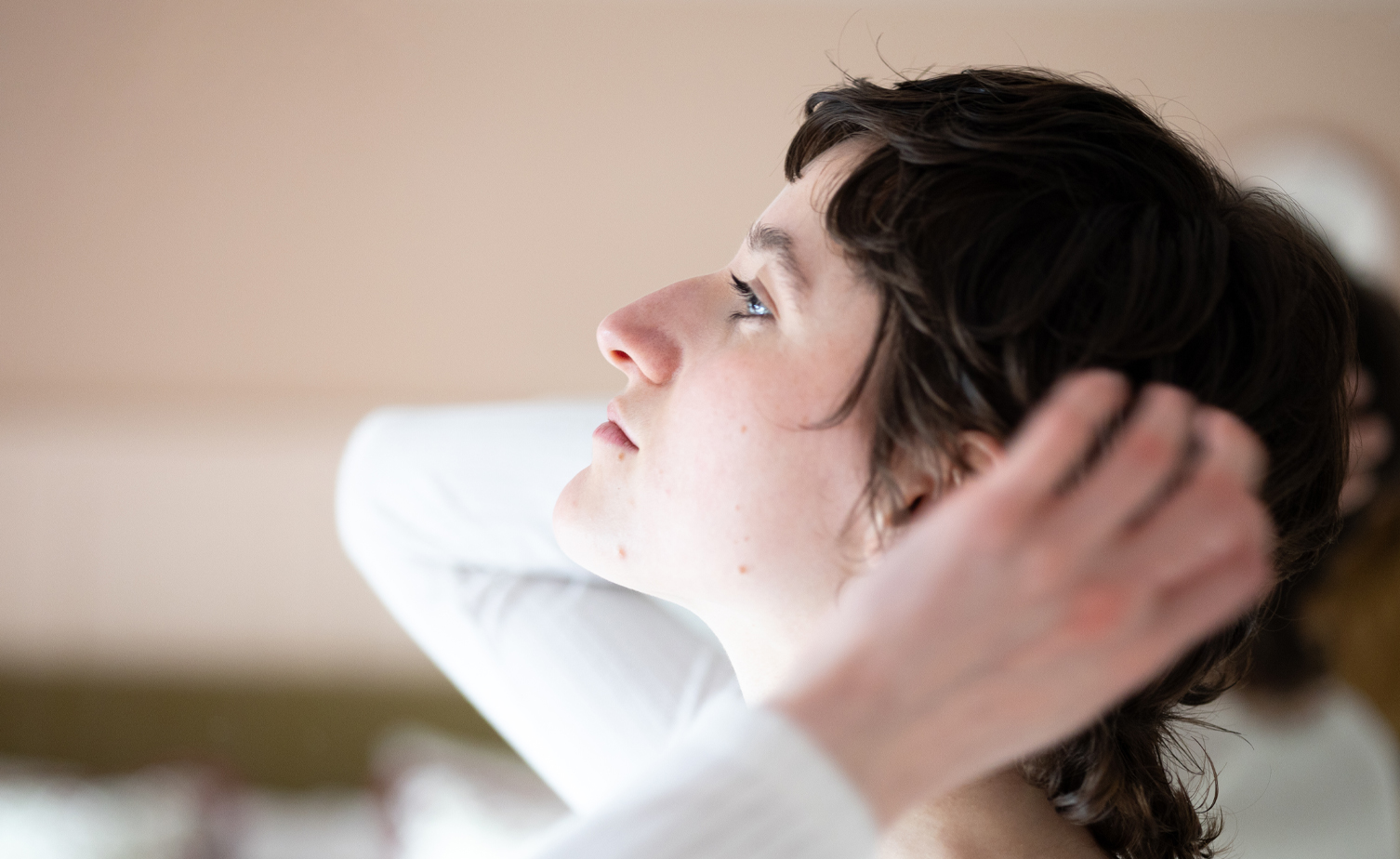This is a tricky article to write. I have an awful lot that I could say – but how much of my personal experience do I reveal? It’s not that I’m shy, or that I think it inappropriate to discuss these things. Quite the opposite! But I do have a sense of privacy all the same. So, to strike the balance – and unusually for me – I won’t write in the first person. That way, you’ll hear me, but you won’t know if I speak directly from experience, or indirectly from research or word-of-mouth!
The Menopause (note the capital letter!) has thankfully taken centre stage in the last few years. Following on from Davina McCall’s 2021 Channel 4 documentary ‘Sex, Myths and the Menopause’, and ‘Sex, Mind and the Menopause’ the following year, thousands of women wanted to try Hormone Replacement Therapy (HRT) to ease their symptoms.
Davina tells how she felt completely lost in her mid-forties, and that there was nobody there to advise or help her. Like thousands of women, she didn’t understand what was happening. She couldn’t focus and she felt lonely and frightened. Back then, when she was peri-menopausal (often when the symptoms are at their worst) there was very little understanding among GPs about ‘The Change’. And worse – very little importance was placed on this crucial time in a woman’s life.
It used to be taboo, embarrassing and whispered about. Women were left to fend for themselves, often sent home from the GP with anti-depressants because they couldn’t think, sleep, concentrate or function.
In a nutshell, peri- or pre- menopause occurs when the female hormone oestrogen begins to decline. But unfortunately for us, it doesn’t do so gently or steadily. Oestrogen levels dip and spike, sending us females into all sorts of trouble! This can last for several years – and often does. Severe anxiety can occur because of this hormonal imbalance, along with many of the more well-known symptoms such as hot flushes (or ‘flashes’ as they are known in America), mood swings, night sweats, joint pain…the list goes on…and on…and on…
Fast forward to 2024, post the Davina documentaries, and there’s been a huge shift in menopausal care. There are many private clinics where women can go and be individually assessed and treated, and NHS doctors’ surgeries often have a designated GP (or two) who specialise in menopause matters – although it’s not mandatory to have such a specialist yet.
The thing that those who take decisions on such matters are finally beginning to understand, it seems, is that menopause is by no means just about physical symptoms. In fact, it’s often the psychological and emotional symptoms that can have the biggest impact. Women have felt the need to quit their jobs – and far worse – because they couldn’t cope.
But a happier future lies ahead. As we all realise that health and wellbeing are maximised by taking a holistic approach, that involves giving equal importance to every aspect of a person (emotional, physical, spiritual, psychological and intellectual), the menopause is now starting to be seen not only as something to be thoroughly discussed, but also as an empowering period (pardon the pun!) in a woman’s life.
Whether she decides to use hormone therapy as an aid during this transition, or not, at least the information is out there. Sometimes it’s hard to sift through it all, and sometimes there is conflicting information. We are in the early stages of understanding it fully. But we do know that HRT is beneficial to heart health, brain health and bone health if taken at the right time in a woman’s life and in the right way. It may not, however, be the right choice for you for reasons such as your lifestyle, your health history or simply your preference! We are all individuals, and we should all be treated as such. It’s essential to take note of our own instincts too, which can be lost beneath the myriad of sometimes confusing information.
Whatever stage of life you’re at now, however old you are, however old you feel, we can all agree that taking care of ourselves is key to finding the best version of ourselves. It’s no secret that eating well, getting enough sleep, finding ways to reduce stress, taking daily exercise, keeping well hydrated and avoiding toxins are paths to strength and health. These positives can certainly help make the menopause journey a little – or even a lot – smoother.
And if we at Bath House can help you to feel your best during your life journey – menopause or no menopause – with our natural, organic and well-thought-out products, then we have achieved our purpose!
If you are looking for information about the menopause, I can thoroughly recommend the website Menopause Matters at menopausematters.co.uk.





